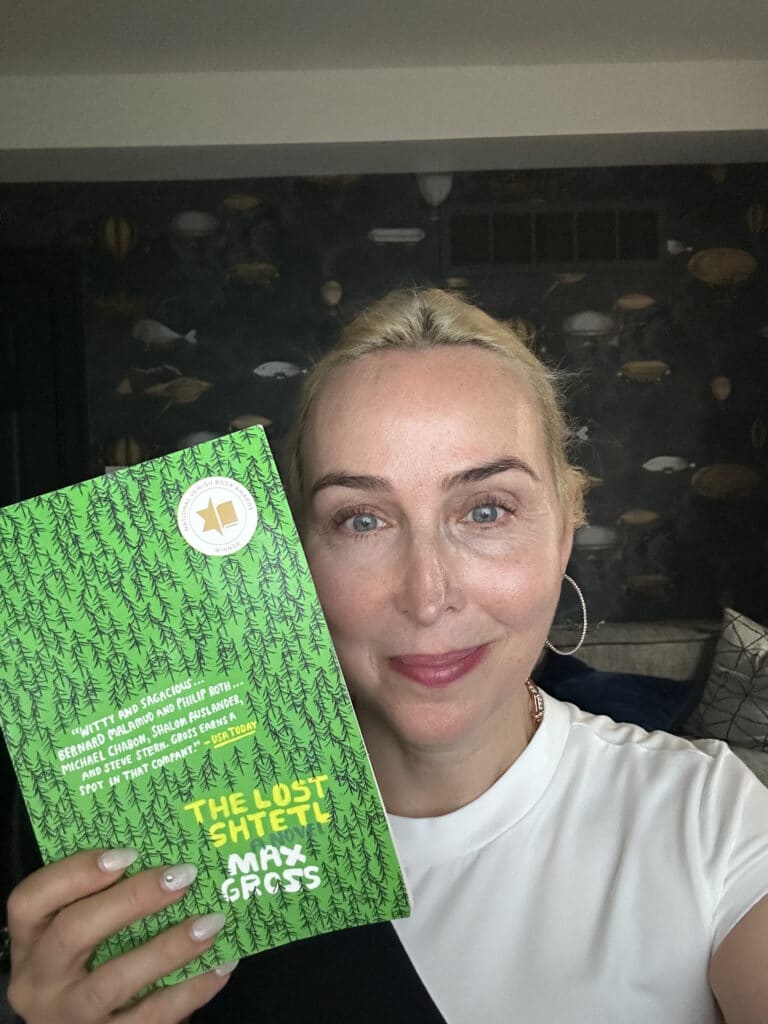In an interview with Max Gross, author of “The Lost Shtetl,” we discuss the enduring fascination with the shtetl, Jewish fiction post Oct 7 and the kitschiness of Fiddler on the Roof. Listen in!
Max Gross said that the inspiration for “The Lost Shtetl” — a novel about an isolated village in Poland that the Nazis missed — came from reading The War Against The Jews by Lucy Dawidowicz. “I remember thinking, my God, there were so many Jewish settlements strewn throughout Eastern Europe. Wasn’t one of them on a bad map?”
It’s a delightful fantasy and I thoroughly enjoyed imaging the scenario over his carefully detailed 400 pages. As many of you know, I’ve been on my own quest to recreate my grandmother’s village in my series, The Synagogue at the End of the World, and The Lost Shtetl (and my interview with Max) had me thinking about why the village captures my imagination so intently.
“Those bridges to the old world are very romantic for a lot of us,” Gross concurs. “There is that desire to see civilizations persist…it gives you a sense of what was lost, but also what could have been.”
And that my friends, is the essence of my search for The Synagogue at the End of the World. Not only what was lost, but what could have been.
Everything is coming up shtetl for me lately. I just picked up Janice Weizman’s Our Little Histories and the first story is about an installation artist recreating a home from a shtetl in Belarus. Will review when I’m done.
Do you have a favourite shtetl story in fiction or film? Let’s chat about it, or leave it below in the comments.


